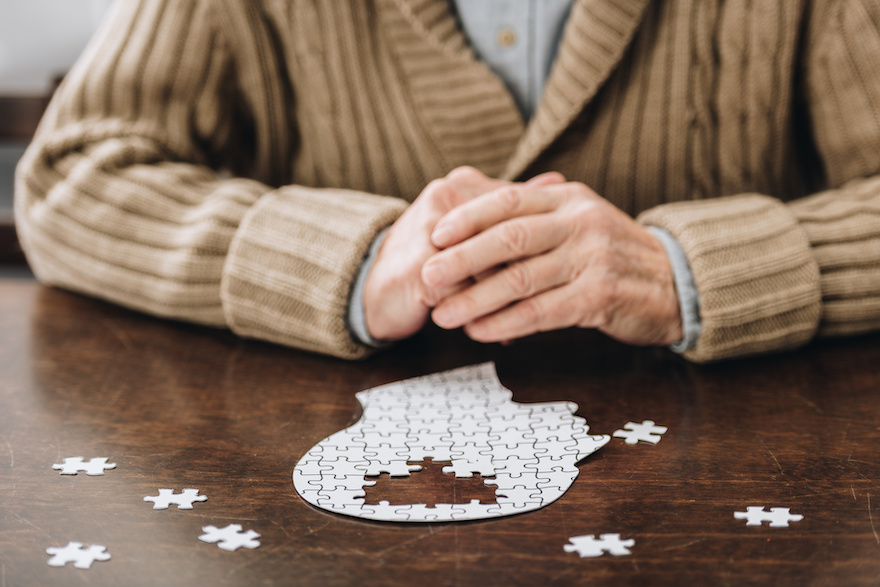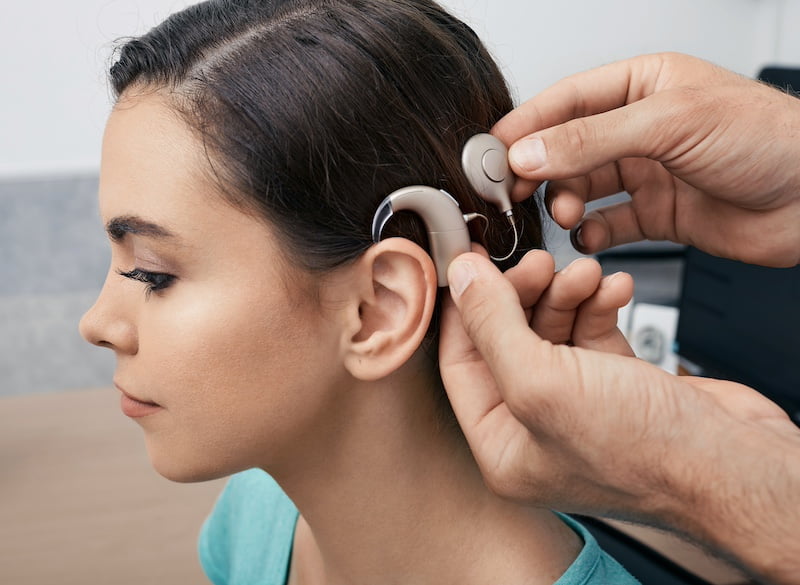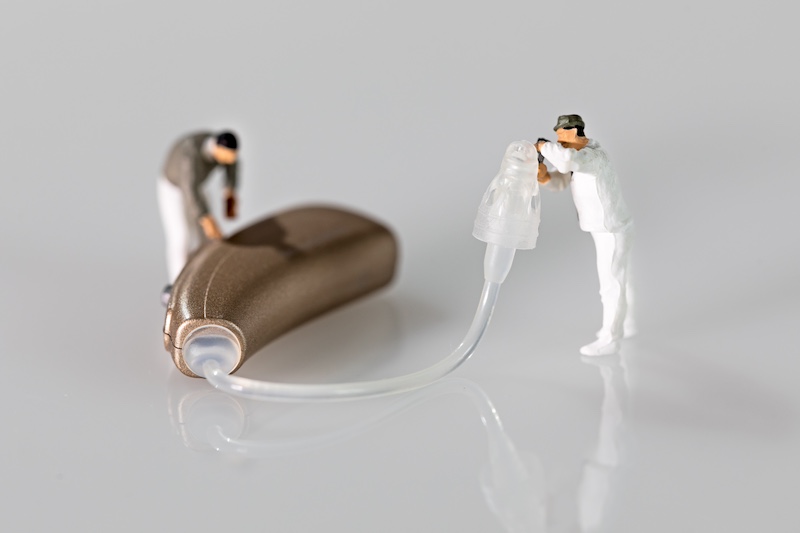Hearing loss and dementia pair like your partner and talking through your favourite movie. As in, the two occurrences are by no means unheard-of, yet so few are aware of the issue’s intrinsic connection to its counterpart – especially in the moment. Thankfully, in both cases, the effects can be lessened by you (the hearing instrument practitioner) taking action and increasing awareness.

Food for thought
Professionals predict that by 2050, dementia will affect 150 million people worldwide, contributing to hundreds of millions of disability-adjusted years in people’s lives. Currently, hearing loss affects 10 per cent of people between the age of 40 to 69, 30 per cent of people over 65, and 70 to 90 per cent of people 85 or older. Noting that a study tracking 639 adults for ~12 years found mild hearing loss doubled dementia risk, treating the hearing impaired has never been more imperative in addressing the prevalence of cognitive decline.
Explaining the ‘Y’ in their toxic chemistrY
In short: Use it or lose it. In this case, the ‘it’ in question refers to the mental processing that occurs when the sound intake stimulates the brain. When hearing loss materializes, the brain subsequently loses the reaction that the sounds prompt in the brain, commencing the mental-processing regression.
The senses help keep all of the brain cylinders pumping. Once one goes (hearing in this case), memory, judgement, personality and emotional control bear a heavier weight. Considering dementia is an umbrella term that refers to a loss of brain function, keeping the mental processing burden light and maintaining as many functions of the brain as best as possible is critical to avoiding this irreversible disease.
To resolve the conflict, reopen the communication channels
Think of hearing aids as the Judge Judy of divorce attorneys, cutting the static and making the breakup between this causal relationship clean and clear. Hearing aids keep their head in the game, not only by maintaining access to conversation and general socializing but also to balance and movement. Without realizing it, our ears pick up subtle cues that help guide us, which hearing loss mutes. By making the brain work harder to process sound, subconscious multitasking interferes with their mental functions. Hearing aids trick the brain by simulating healthy hearing, ensuring the mind’s processing doesn’t miss a beat.
Hear history loud and clear – don’t make it repeat itself
As hearing healthcare professionals, the first line of defence when fighting the war on hearing-loss-induced dementia. Staying read in so we can counsel our patients away from living not-so-happily ever after with dementia is our responsibility. Though many may believe that ‘their hearing isn’t that bad’ or ‘hearing aids are complex to use/visually displeasing’ – dementia is far more complex and taxing to navigate. While myths persist, especially around the visibility, usability and need for hearing aids, by creating awareness of dementia’s correlation to untreated hearing loss, we can stomp the stigma and combat the projected statistics.
AHIP is not and shall not be liable for any of the views expressed by the authors or advertisers on the Signal Blogs. The authors’ opinions and the advertisers’ content do not necessarily reflect AHIP’s views.



